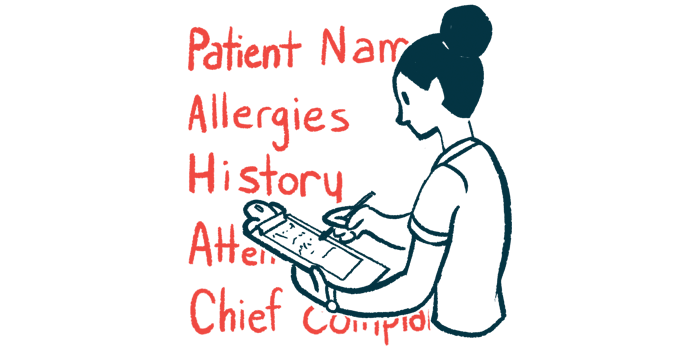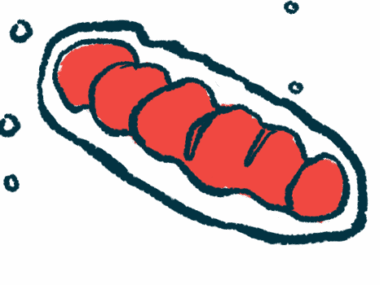Phase 1 trial now testing 2 new QRL-201 doses in ALS patients
Enrollment for ANQUR study ongoing at 12 sites in Canada, across Europe
Written by |

A Phase 1 clinical trial of QRL-201, Quralis‘ therapy candidate for amyotrophic lateral sclerosis (ALS), has successfully completed its dose-escalation phase, with the two doses tested reaching therapeutic levels in the spinal fluid of patients.
The trial, dubbed ANQUR (NCT05633459), is now moving toward a dose range-finding phase, which will test two doses within the range established from the dose-escalation phase. This will help determine the safest and most effective dose for further testing.
Enrollment is ongoing across a dozen sites in Canada and Europe, and the first participant has already been dosed at one of the North American study centers.
ANQUR’s first part involved 16 people with sporadic ALS, who received QRL-201 via intrathecal administration, or an injection directly into the spinal canal. The newly launched next phase will also include sporadic ALS patients — 32 in all — as well as an additional group of participants with ALS associated with C9ORF72 mutations.
“We are pleased that the first participant in Canada has been dosed in the dose range-finding stage of the ANQUR clinical trial,” Doug Williamson, MD, Quralis’ chief medical officer, said in a company press release. “This represents a significant milestone in the QRL-201 program to evaluate a potential transformative breakthrough precision medicine for patients with sporadic ALS.”
Phase 1 trial enrolling patients with sporadic ALS, C9ORF72 mutations
Overall, about 97% of people with ALS show abnormalities in the TDP-43 protein — which leads to the formation of toxic clumps inside nerve cells and contributes to disease progression in patients.
This protein is normally found in the nucleus, where most of the cell’s genetic material is stored; it is essential to regulate the processing of messenger RNA (mRNA) molecules. These intermediate molecules are produced in the nucleus when genes are read, and serve as templates for the cell’s machinery to make the corresponding proteins.
When TDP-43 is abnormal, however, it accumulates outside the nucleus and cannot do its job properly, so many mRNA molecules are not processed adequately and protein production is disrupted.
Previous research led by Kevin Eggan, PhD, Quralis’ cofounder and a former Harvard University professor, showed that one of the most important proteins affected by TDP-43 dysfunction is Stathmin-2, or STMN2 — a protein essential for nerve stability and repair. Mutations in the C9ORF72 gene also appeared to consistently result in impaired processing of STMN2’s mRNA, according to that earlier research.
QRL-201 is an antisense oligonucleotide, or a small DNA molecule, that’s designed to restore STMN2 levels by correcting such abnormal mRNA processing. Raising STMN2 production levels with QRL-201 reversed nerve damage in lab-grown nerve cells and animal models.
The ANQUR trial is now studying whether QRL-201 is safe and well tolerated at multiple doses, compared with a placebo, in ALS patients. Data from the first two groups of participants — each involving eight patients — showed that both doses tested reached levels in the cerebrospinal fluid, or CSF, that are expected to have therapeutic benefits. The CSF is the liquid that surrounds the brain and spinal cord.
These findings further support our confidence in the potential therapeutic effect of QRL-201 in the treatment of sporadic ALS.
An analysis “from the first two completed cohorts of ANQUR indicated CSF exposures of QRL-201 met or exceeded the targeted therapeutic range,” said Kasper Roet, PhD, CEO and cofounder of QurAlis.
“These findings further support our confidence in the potential therapeutic effect of QRL-201 in the treatment of sporadic ALS,” Roet said.
The company now is testing two additional doses in between to establish the best dose for future clinical trials. In addition to safety and tolerability, the researchers also will be assessing any changes in biomarkers of nerve cell damage and STMN2 mechanisms, as well as changes in disease progression, disease staging, lung function, muscle strength, and quality of life.
More data from the trial will be presented at the International Symposium on ALS/MND, to be held Dec. 6-8 in Canada and virtually.






